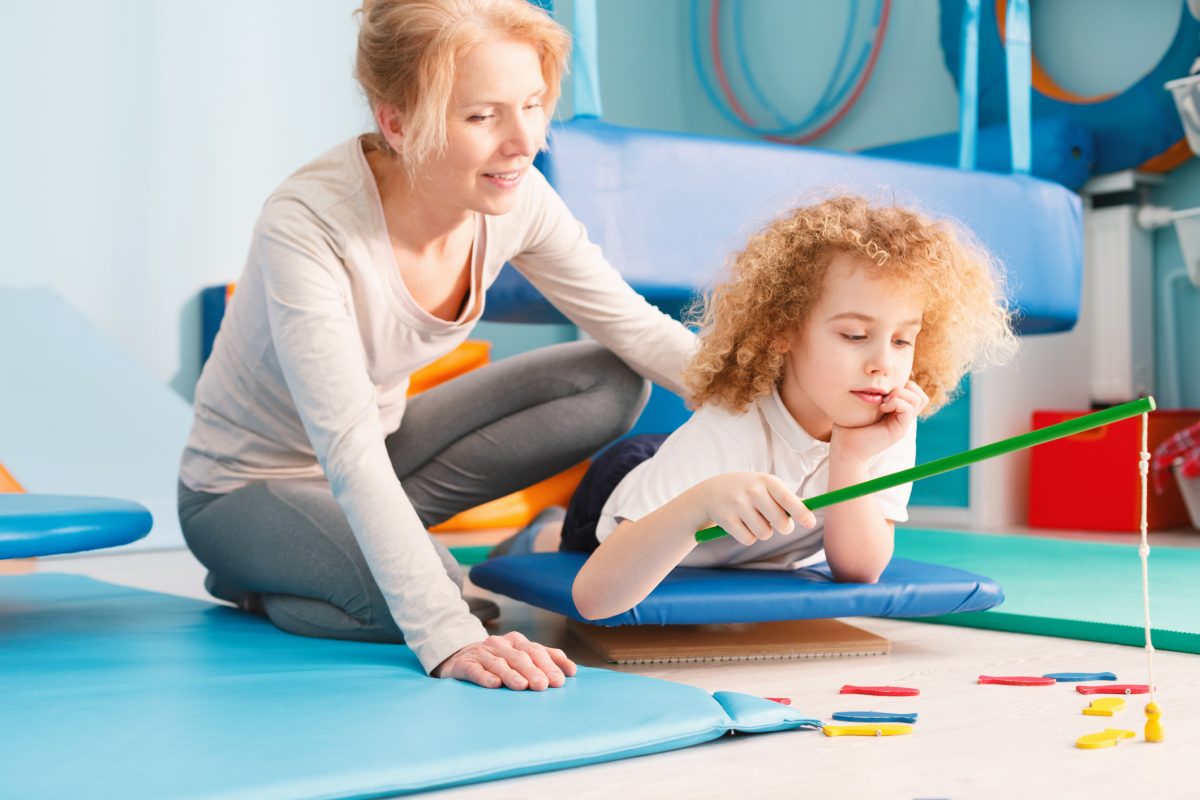Need a new therapist? 3 important questions to ask

So, you need a new therapist.
You might have just received a recommendation from another member of your care team. Or maybe your current therapist is leaving, or having a baby, or retiring. Whatever the reason, seeking new help can be a little overwhelming at first.
Don’t worry, we’ve got your back. Presenting three important questions sure to set you on the path to finding the right therapist! Better yet, these questions can also be applied to any new professional you work with.
Ask your friends…
… for recommendations.
Seeking help from family or friends that you trust is always a good place to start in the search for a new therapist.
Remember though, therapy is a very personal thing, and what works for some children may not work for others. Don’t be too quick to dismiss if you hear conflicting recommendations.
Ask yourself…
…how far away is the therapist from my home or school?
Location is more important than you might think! Ideally, you want to see someone nearby. A 45-minute session with a therapist could take 3 hours out of the day if you need to travel far.
Depending on your family’s needs, you may even want to seek out a therapist that can come to you. Home sessions can be great because they mean less travel time for you. Even better, most skills are better practiced in your natural environment.
This could be going up and down the stairs in your house, or practicing fine motor skills with your child’s favourite toys. It could also be communicating needs by asking for items in your own home.
Find out if the therapist does community visits. This could be a visit to preschool or school. Or the therapist meet you at your local playground (or a playground near their clinic) so your child can practice navigating the play equipment.
Ask your therapist…
… how do you like to operate?
Some therapists will ask parents to wait outside during a child’s session. We reckon this should be a dealbreaker for most parents. We suggest that families get personally involved in sessions wherever possible. That way, you can see what works, be supportive, and learn strategies to take with you.
You also want to get some info on the kinds of therapy your therapist will employ before heading into a session. For newbies, it might not look like anything is happening at first, or that your therapist is just playing with your child. It can help to understand the theory they’re working with.
(Side note, play-based sessions are based in research, and are a successful and enjoyable way for our little ones to learn and develop new skills!)
We also love to see a therapist that can follow a child’s lead and include your child’s favourite things into a session.
And remember… not all sessions will be joyful experiences! Sometimes the activities are hard for our kids, and there are often tears, too.
If you are worried about your child’s emotional wellbeing and the impact the sessions are having, you should speak up. You know your child best, and there are always other ways to tackle a challenge. A good therapist will always listen and adjust.